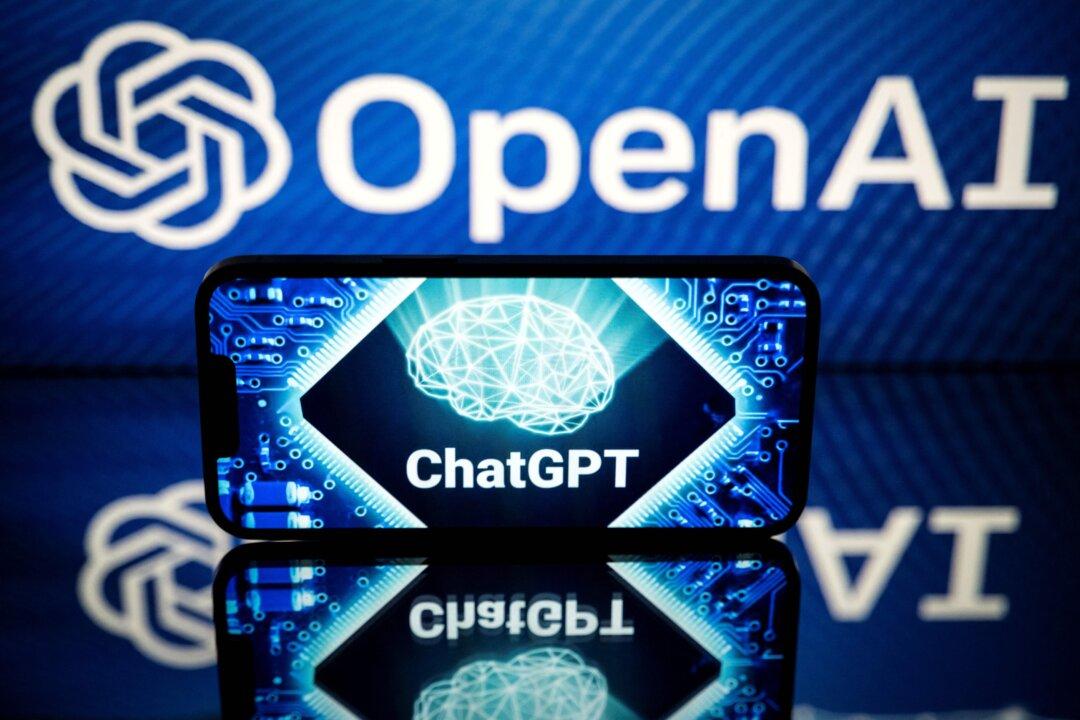A group of current and former employees of AI giants OpenAI and Google warned of the “serious risks” posed by AI technology in an open letter on Tuesday and called for greater protections for whistleblowers in the industry.
The letter, published on the righttowarn.ai website, was signed by 13 past and present workers of OpenAI and Google DeepMind.





